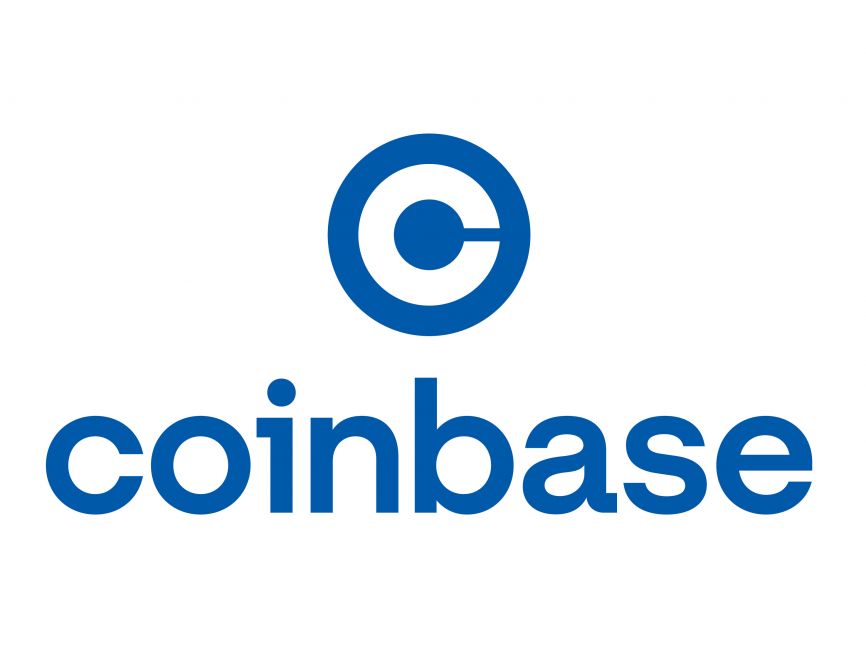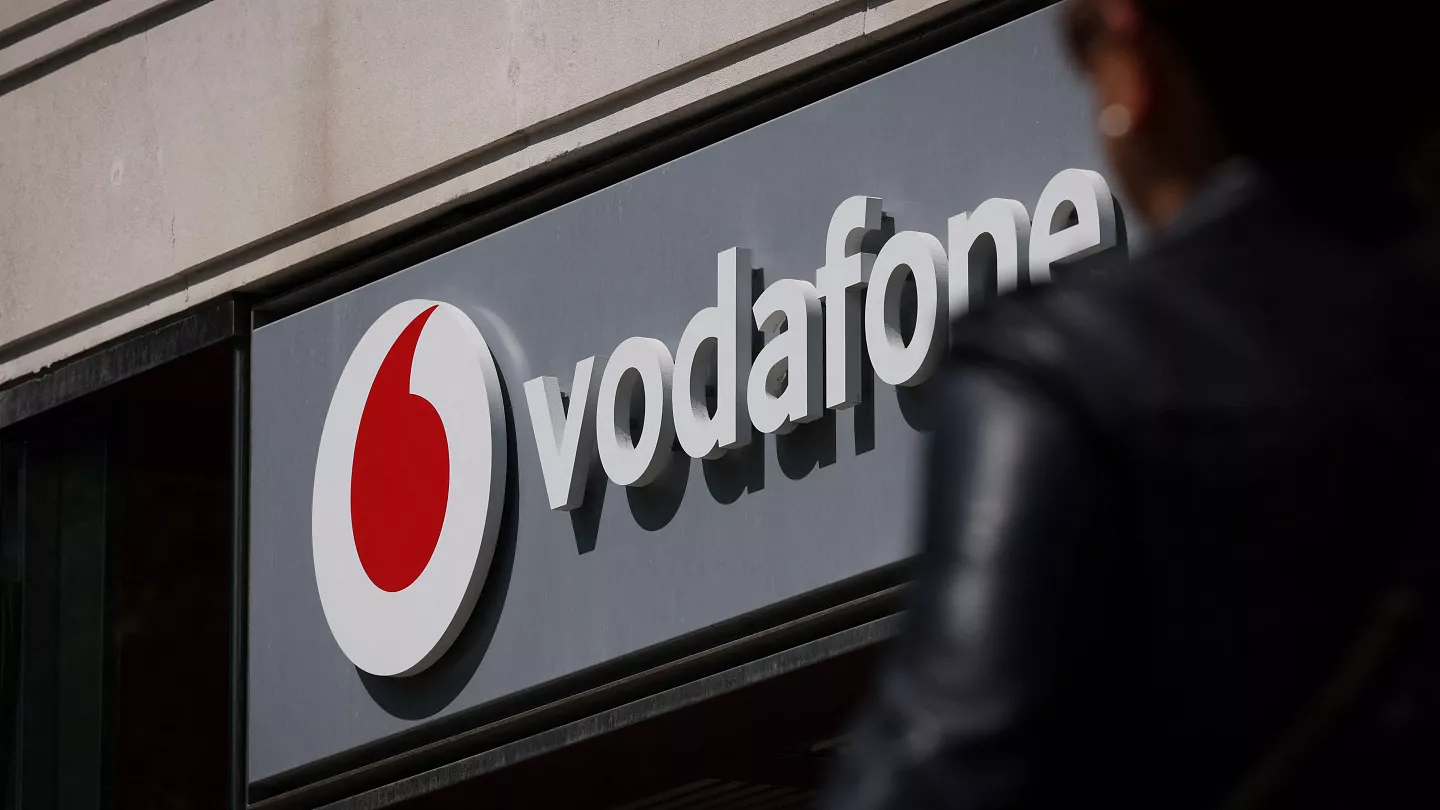News
BlackRock begins asset tokenization
BlackRock, the world’s largest asset manager, has filed a United States Securities and Exchange Commission Form D for the BlackRock USD Institutional Digital Liquidity Fund. This marks the launch of BlackRock’s first tokenized asset fund.

News
Charles Hoskinson proposes Bitcoin Cash integration
Cardano founder Charles Hoskinson recently posted a “hypothetical poll” on the X social media platform asking the crypto community if they’d like to see a Cardano and Bitcoin Cash integration.
News
Coinbase faces new lawsuit
Coinbase crypto exchange and its CEO, Brian Armstrong, face a new class-action lawsuit alleging investors were deceived into buying securities and claims the company’s business model is illegal.
News
Vodafone looks to integrate crypto wallets with SIM cards
Vodafone, a United Kingdom-based telecommunications provider, hopes to bring blockchain technology to smartphone users by integrating cryptocurrency wallets with subscriber identity module (SIM) cards.
-

 News1 week ago
News1 week agoTether invests $200M in neurotech company
-

 News1 week ago
News1 week agoFilipinos face higher fees after Binance ban
-
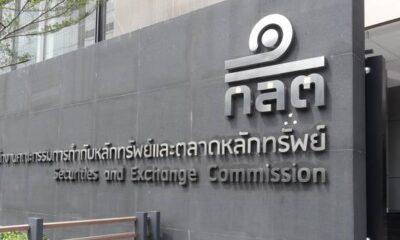
 News1 week ago
News1 week agoThai regulator cracks down on deceptive crypto ads
-

 News1 week ago
News1 week agoCircle’s USDC overtakes Tether’s USDT
-

 News8 hours ago
News8 hours agoCharles Hoskinson proposes Bitcoin Cash integration
-
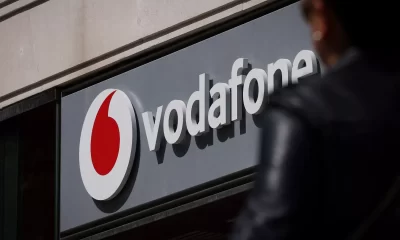
 News14 hours ago
News14 hours agoVodafone looks to integrate crypto wallets with SIM cards
-
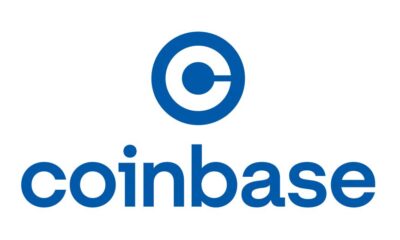
 News11 hours ago
News11 hours agoCoinbase faces new lawsuit



